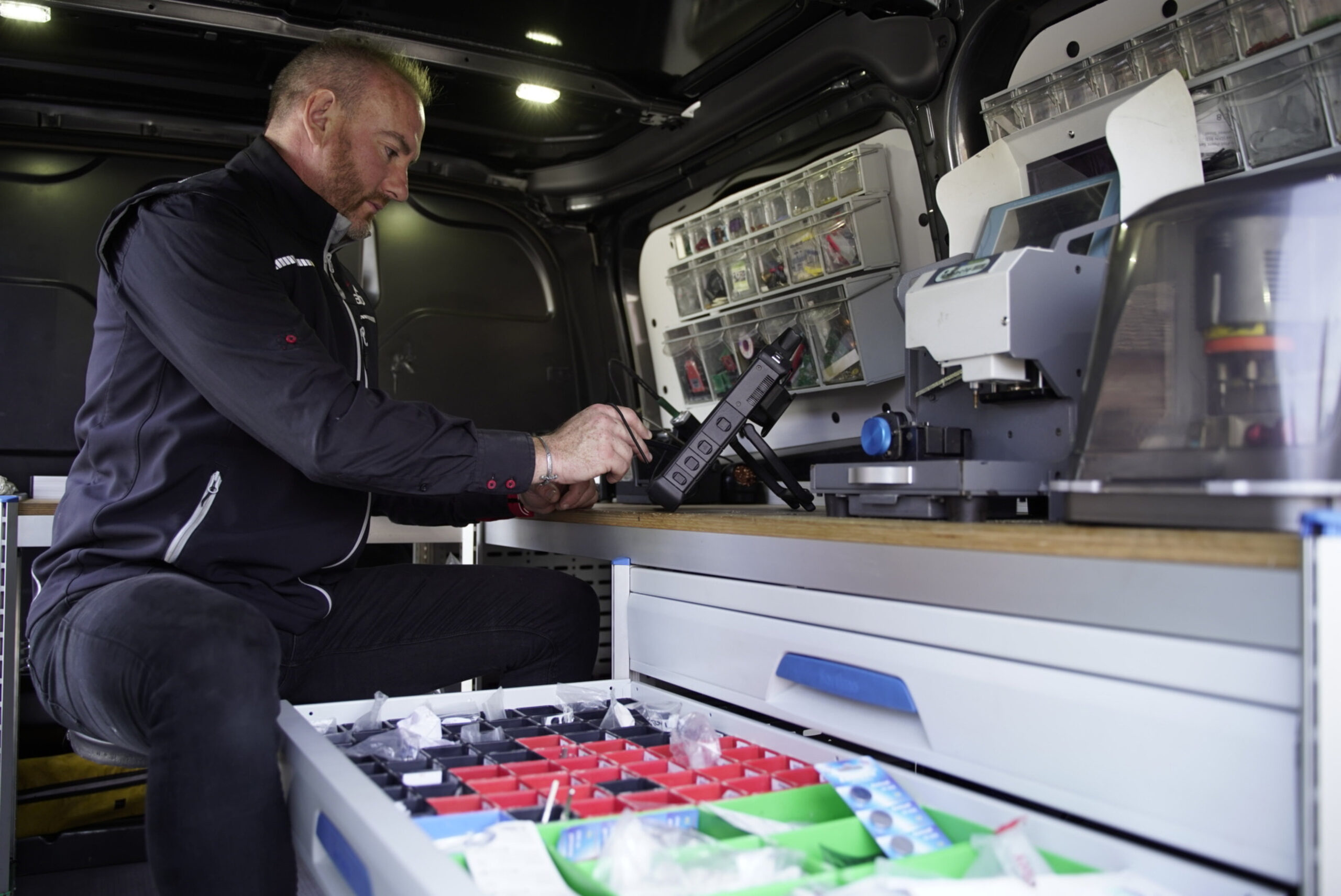
Understanding Replacement Ignition Keys: Everything You Need to Know
In today's ever-evolving automotive world, the need of replacement ignition keys can not be overemphasized. With modern-day cars geared up with sophisticated security features, losing or harming a key can create substantial inconvenience and cost. This post looks into the types of ignition keys, how to obtain replacements, associated costs, and frequently asked concerns that can help car owners browse this essential element of vehicle ownership.

Kinds Of Ignition Keys
Conventional Metal Keys:
- Description: Basic metal keys that insert into the ignition switch.
- Key Features: Simple design with no electronic components. Commonly utilized in older vehicle models.
Transponder Keys:
- Description: Keys embedded with a microchip that communicates with the vehicle's ignition system.
- Key Features: Provides improved security; the vehicle will not start without the proper key due to the microchip recognition system.
Remote Key Fobs:
- Description: Key fobs that enable remote locking and unlocking of doors.
- Key Features: Often featured a key blade for manual insertion; may integrate a transponder chip for ignition.
Smart Keys:
- Description: Keyless entry systems that enable a user to begin their vehicle without physically using a key.
- Key Features: Proximity sensing units identify the existence of the key, making it hassle-free to unlock and start the vehicle.
Laser-Cut Keys:
- Description: Keys that are cut using a laser for higher precision.
- Key Features: Provides a higher level of security and is less likely to be duplicated without the appropriate equipment.
| Type | Description | Security Level |
|---|---|---|
| Conventional Metal | Basic ignition key | Low |
| Transponder | Embedded microchip | Medium to High |
| Remote Key Fob | Remote access key | Medium to High |
| Smart Key | Keyless entry system | High |
| Laser-Cut Key | Precisely cut to enhance security | High |
How to Obtain a Replacement Ignition Key
If you discover yourself in need of a replacement ignition key, there are several paths you can take:
1. Contact the Manufacturer
- Process: Visit or call the regional car dealership where your vehicle was acquired.
- Requirements: Proof of ownership (vehicle registration, identification) and the Vehicle Identification Number (VIN).
- Pros: Manufacturer keys are usually the most reliable and correctly configured.
- Cons: This option can be pricey and time-consuming.
2. Check out a Locksmith
- Process: Find a licensed automotive locksmith who concentrates on key shows.
- Requirements: Similar to a dealership, they might need evidence of ownership and your VIN.
- Pros: Often more cost-effective than dealer options.
- Cons: Ensure the locksmith is experienced, specifically with your vehicle model.
3. Make Use Of Mobile Key Replacement Services
- Process: Many locksmiths and services will concern your area.
- Requirements: Proof of ownership and needed vehicle information.
- Pros: Convenience of on-site services.
- Cons: Availability might vary based upon area and service capabilities.
4. Do It Yourself Key Replacement Kits
- Process: Purchase a DIY key replacement set online.
- Requirements: Basic tools, some shows understanding for specific kinds of keys (like transponder or smart keys).
- Pros: Cost-effective for those acquainted with vehicle electronics and programs.
- Cons: Risky for complicated keys; incorrect programs might lead to vehicle security issues.
Costs Associated with Replacement Ignition Keys
The cost of replacing ignition keys can vary substantially based on key type and provider:
| Key Type | Estimated Cost |
|---|---|
| Traditional Metal Key | ₤ 5 - ₤ 20 |
| Transponder Key | ₤ 30 - ₤ 150 |
| Remote Key Fob | ₤ 50 - ₤ 300 |
| Smart Key | ₤ 100 - ₤ 400 |
| Laser-Cut Key | ₤ 70 - ₤ 250 |
Extra Costs: Programming costs may get transponder keys, clever keys, and remote fobs, generally varying from ₤ 50 to ₤ 100, depending on the company.
Often Asked Questions (FAQs)
Q1: Can a locksmith professional make a key without the original?
A1: Yes, lots of locksmiths can produce a key from the vehicle's lock or by decoding the lock. Nevertheless, some advanced keys may require initial shows, which might not be possible without the initial key.
Q2: What should I do if my key is lost while I'm away from home?
A2: If you have roadside support, call them for help. Additionally, locate a close-by locksmith or dealer for instant support. Always guarantee your individual info is safe to prevent unauthorized access.
Q3: How long does it take to replace a key?
A3: Replacement time differs; conventional keys can be cut in minutes, while more complicated keys (transponder or wise keys) might take longer due to programming requirements, anywhere from 20 minutes to an hour.
Q4: Are there methods to prevent losing my keys?
A4: Yes, think about using key trackers or clever home devices that will assist find lost items. Establishing a designated area for keys at home can also lessen the possibilities of misplacing them.
Q5: Is it unlawful to make copies of ignition keys?
A5: While it is legal to produce copies, some locks and keys have legal securities that limit duplication without permission from the maker, particularly for specialized keys like transponder or smart keys.
Comprehending the essentials of replacement ignition keys can conserve car owners money and time during unexpected key losses. With a range of alternatives available for getting replacements, it is vital for vehicle owners to remain notified about the key types, replacement processes, costs, and preventative steps to secure versus the inevitable misplacement of keys. By being proactive and well-informed, car key replacement locksmith owners can mitigate the inconvenience and expense connected with lost ignition keys.








